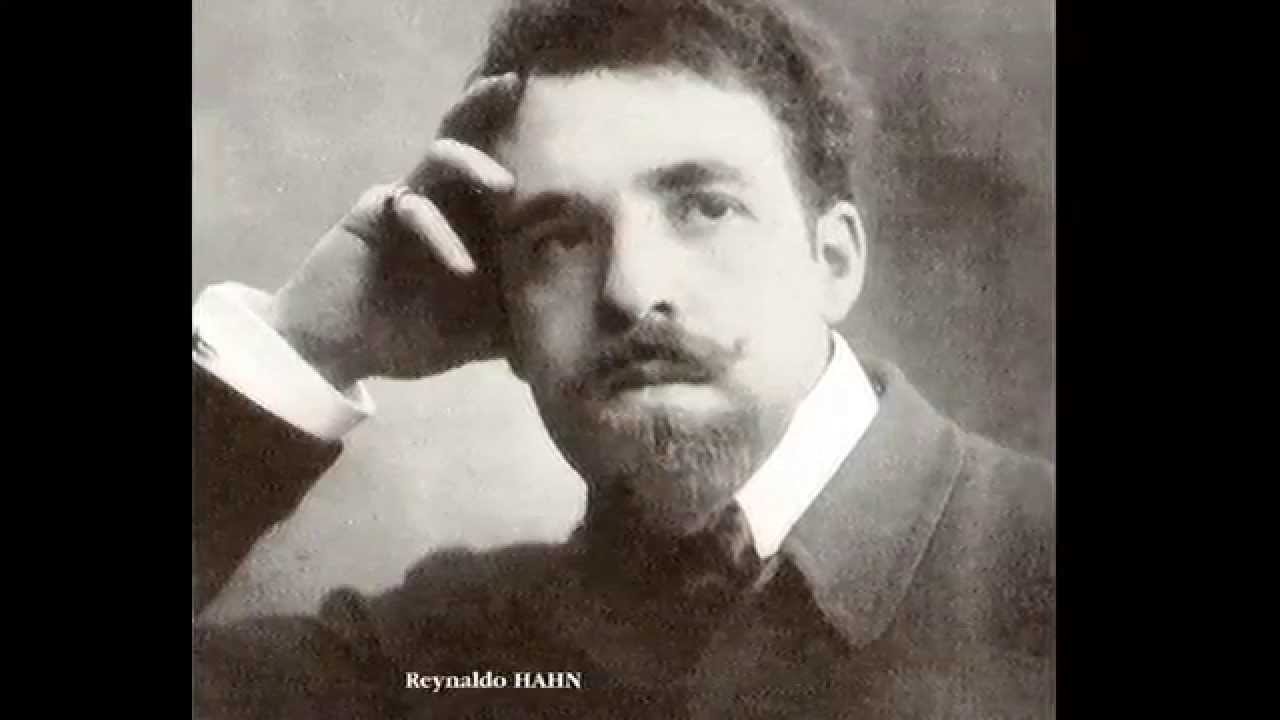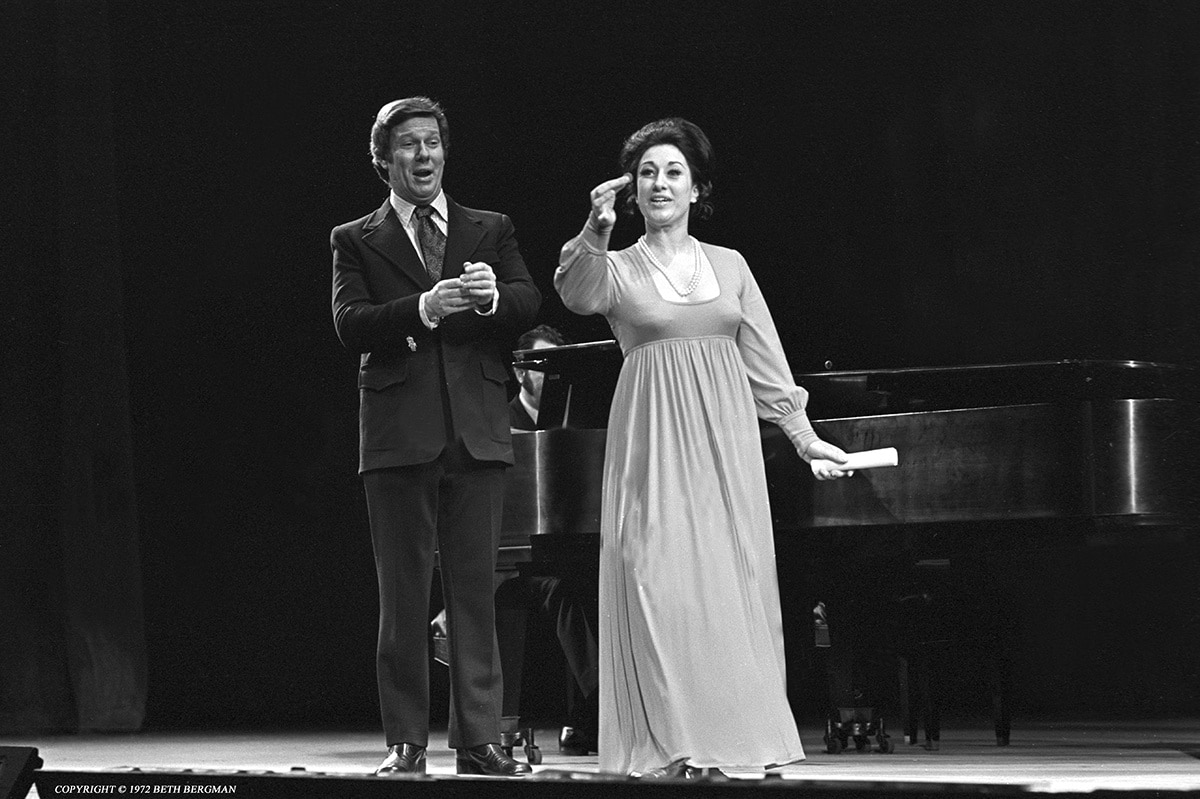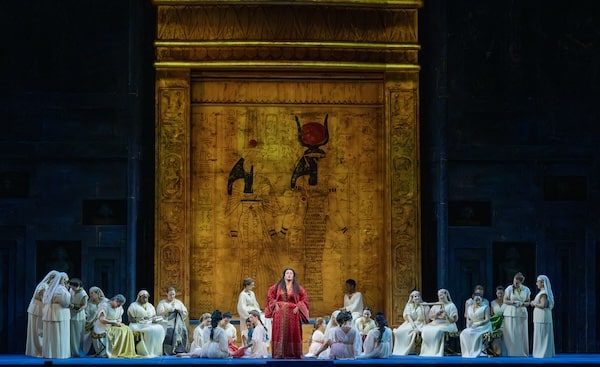Rare audio: Proust’s lover sings
mainThe Venezuela-born composer Reynaldo Hahn was close to Marcel Proust from 1894 to his death in 1922.
He was widely esteemed as a composer of upmarket chansons for the bourgeois salon.
This unexpected find shows he had a sweet singing voice, though no lower register.
After the Second World War, Hahn was briefly director of the Opéra de Paris until his death from a brain tumour.






Divine song composer – l’heure exquise, si mes vers avaient des ailes, l’énamourée, dans la nuit …..
And his Venetian songs, allegedly first sung by himself playing a piano in a gondola.
His chamber music is excellent – a lovely piano quintet, for example. The piano concerto is also delightful. It’s all on a much higher level than salon music1
Romophone (a greatly missed recording company!!) issued a 3-CD box set of Reynaldo Hahn back in 2000. About half the selections were him singing (and accompanying himself), the other half were of him accompanying others. His vocal technique was remarkable, including astonishing breath control.
https://www.amazon.com/Reynaldo-Hahn-Complete-Recordings/dp/B00004TYR6
Incidentally, after the war wasn’t he director of the Paris Conservatoire rather than the Opera?
There are many recordings of Reynaldo Hahn singing to his own accompaniment, but I have never heard this one, a marvellously over-the-top performance of Chabrier’s song Toutes les fleurs, written for the great Flemish tenor Ernest Van Dyck. My recorded performance of this particular song came up for particular opprobrium in a review in the Gramophone many years ago on account of its being exaggerated and tasteless. I had taken my cue from Chabrier’s instruction to Van Dyck, in a letter, that it was a song to be sung rolling the whites of one’s eyes, while fingering one’s flies. How I wish I had had this Reynaldo performance to back me up!!. Hahn had, of course, heard Chabrier perform the song himself, and it is clear that its character, and the way it was performed, was planned to go to the very limits of parody and gushing send-up – tastelessness being all part of the joke and poking fun at Rostand’s deliberately over-the-top text. This is a real case of where an ancient recording gives us the key to how a song was first performed, and how it is to be understood. And yes, the song has very unusual low notes that lay outside Hahn’s usual range. Most of his singing is a model of refinement and control.
Thank you so much, Graham, for this insight.